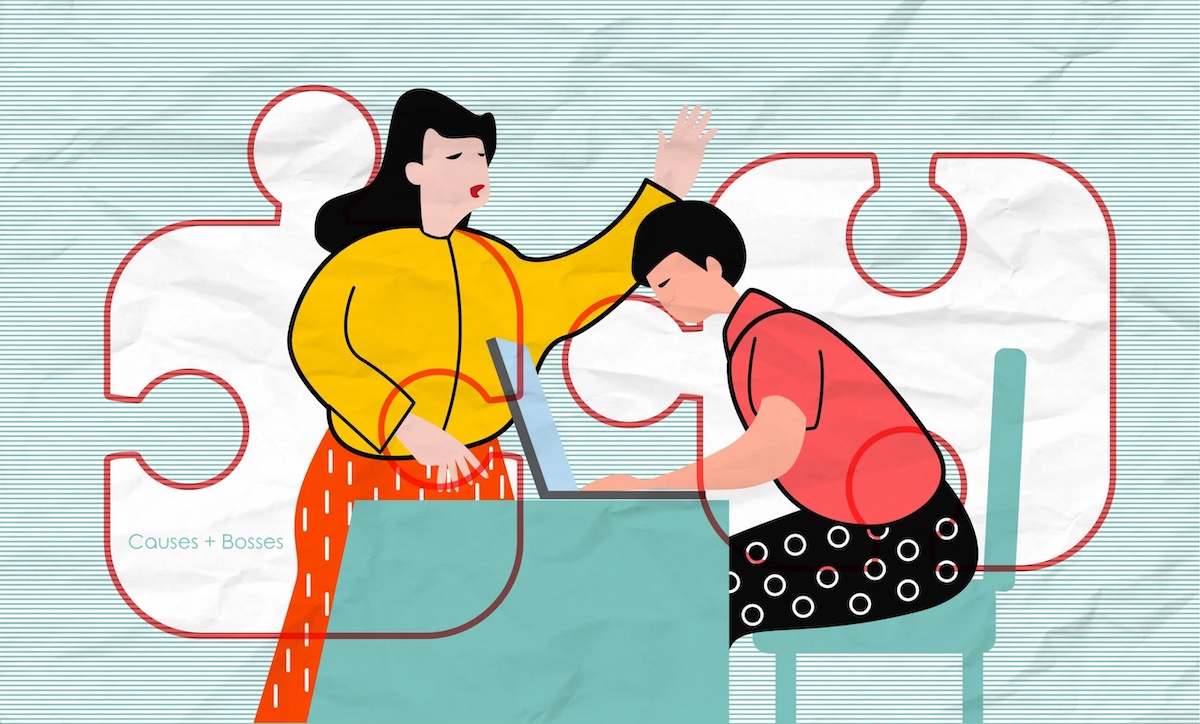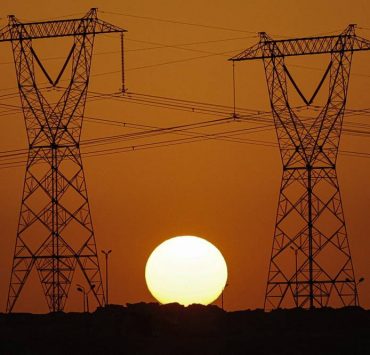The chance we don’t always get

Today, I came alarmingly close to setting my parents’ house on fire. The chaos that ensued was overwhelming, and it wasn’t until the flames were extinguished and the mess cleaned up that I fully grasped the severity of what had happened. I knew it was my fault, and as my mom and I finished cleaning up, I felt incredibly fortunate that she allowed me to explain what had happened. It was one of those rare moments where I was given the chance to present my side—something I’m not always afforded. As the adrenaline wore off, I was left with a deeper realization, one that has been haunting me for days now: the unsettling truth that I don’t always get the chance to explain myself.
This truth hit me even harder when I recently had to deal with someone I’m no longer comfortable with—she was a friend. Setting up boundaries wasn’t an easy choice, but it was necessary for my peace of mind. However, it brought with it another realization: I wouldn’t always have the chance to explain this harsh change to all our mutual friends. They might not understand why I made this decision, and I fear they might judge me for it without knowing the full story.
The urge to explain ourselves, whether after causing trouble or in anticipation of the consequences of our actions, feels almost instinctive. On one hand, we want to defend ourselves against the possible villainization others might impose. On the other, we seek to be understood, hoping that others will see the nuances of our actions. This incident brought to the surface a feeling that has been with me for as long as I can remember—a lingering sense of fear and frustration about being misunderstood, not only by others but also by myself.
A friend recently shared a perspective that has stayed with me: I don’t always have to explain myself. If I’m worried about being misunderstood, I should remember that those who truly want to understand must meet me halfway. And while I often feel the urge to explain, I won’t always get the chance. Instead, I need to trust that those who matter won’t choose to misunderstand me. This advice resonates deeply as I navigate helping my mom understand how I nearly caused a significant loss to our family and as I face a major decision that involves burning some bridges.
Now I realize I’m wrestling with more than just guilt. Sure, almost causing a fire was bad enough, but there’s something deeper at play: this nagging, insidious voice that loves to tell me I’m a bad guy. It’s the voice that insists these mistakes, these tough decisions, define me in the worst possible way. And no matter how hard I try to shake it off, I can’t help but wonder—are other people thinking the same thing? Are they now seeing me only through the lens of these choices, reducing me to the person who literally almost burned down the house and just recently cut ties?
This fear of being misunderstood isn’t new, but it’s especially sharp in moments like this. It’s like every mistake becomes an opportunity for others to judge me, to cast me in a negative light. And the worst part is, I start to believe it, too. I start to see myself as the villain in my own story.
Our world is quick to judge, and this tendency extends beyond how we view others to how we judge ourselves. We instinctively categorize people into neat little boxes—good or bad, right or wrong, friend or foe—leaving little to no room for the complexities or gray areas of our actions. Instead of understanding the specifics of our mistakes, we often fixate on the reasons behind them, and the terrifying truth is that it’s more often ourselves who do the villainizing.
This has been a significant part of my internal monologue—a constant questioning of how others see me, and more importantly, how I see myself, especially at times when I’m faced with tough decisions and self-induced mistakes.
But as I think about it more, I realize that this urge to explain myself isn’t just about avoiding others’ judgment. It’s also about trying to reconcile how I see myself with how I fear others see me. In the end, I think what I’m searching for is understanding—not just from others, but from myself. It’s about trying to bridge the gap between my intentions and my actions, to make sense of who I am in the midst of all this chaos. I want to be able to look at these situations and see them for what they are: mistakes or tough decisions, nothing more, nothing less. I want to be able to accept that I’m not perfect, that I make errors, too, and this is being human. I want to trust that even in making tough choices, even when sacrificing relationships to protect my peace, I’m doing what’s right for me and that those who truly know me will understand, even if I can’t explain everything to them.
So, here’s where I am now—reconciling external judgments with my truth and learning to accept myself in all my flawed, imperfect glory. I’m letting go of the instinct to explain myself and defend against every possible judgment, acknowledging that chances to explain aren’t always available. Instead, I’m accepting that being human means making mistakes and facing tough decisions. And maybe, just maybe, that’s enough.
—————-
Jaron I. Hegina, 21, is a communication graduate from the University of Santo Tomas. He’s currently navigating life after college and rationalizing everything while awaiting his first real-world job.

















